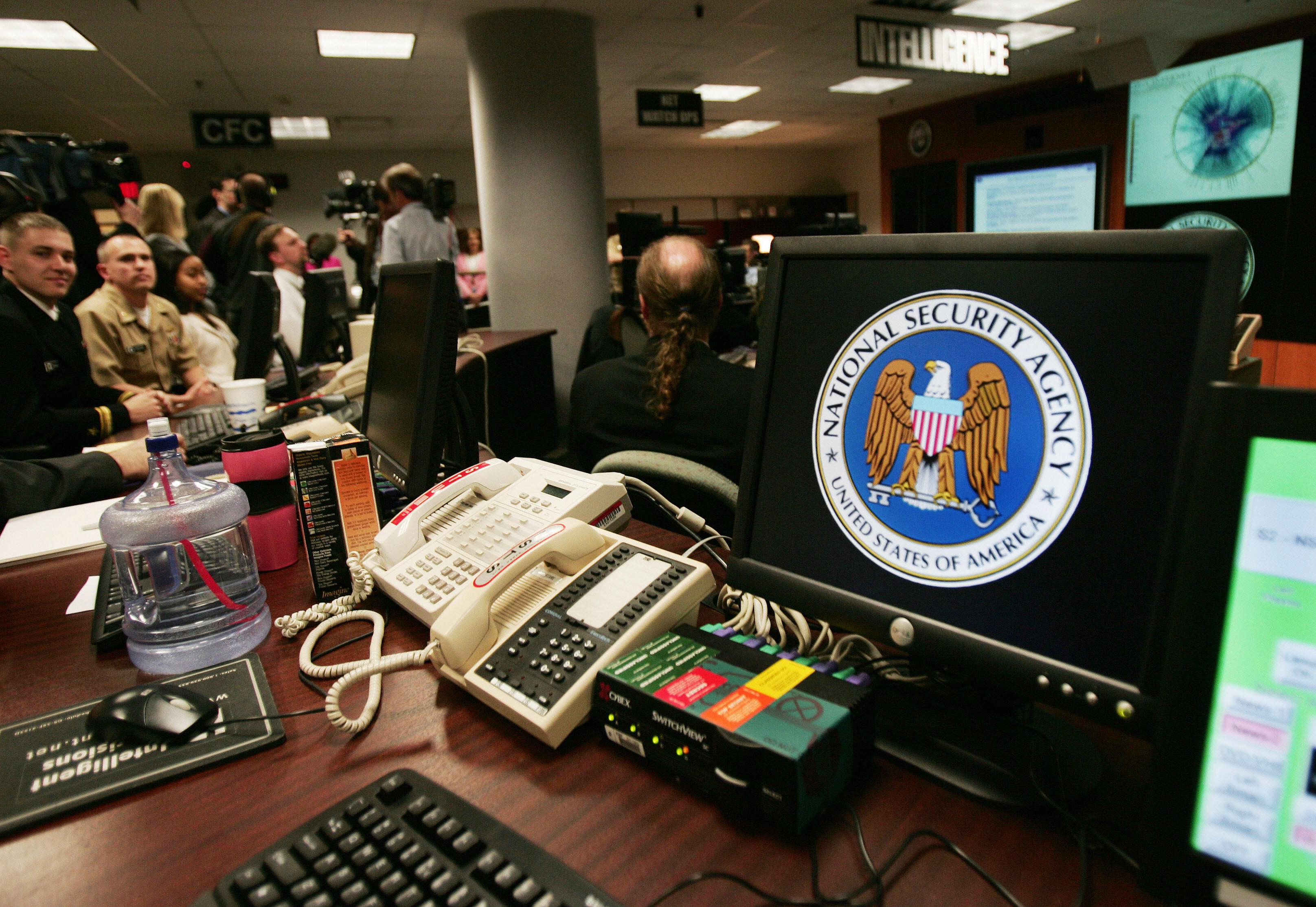Edward Snowden wasn’t the only one concerned with the National Security Agency’s secret collection of Americans’ telephone records. Years before Snowden’s disclosure of the agency’s data mining ways, some NSA executives argued the surveillance program’s methods “exceeded the agency’s mandate to focus on foreign spying and would do little to stop terror plots,” the Associated Press reports.
“The 2009 dissent, led by a senior NSA official and embraced by others at the agency, prompted the Obama administration to consider, but ultimately abandon, a plan to stop gathering the records,” according to the AP. The previously unreported internal discord surfaced on Wednesday, a day after the Senate voted down an overhaul of the NSA’s surveillance program that would have limited the agency’s access to Americans’ phone records. The proposed reform, backed by the Obama administration, would have placed restrictions on the NSA similar to those rejected by the administration in 2009.
Here’s more on the pre-Snowden internal debate at the NSA from the AP:
[A now-retired NSA official] says he argued to then-NSA Director Keith Alexander that storing the calling records of nearly every American fundamentally changed the character of the agency, which is supposed to eavesdrop on foreigners, not Americans… The former official, who spoke only on condition of anonymity because he didn’t have permission to discuss a classified matter, said he knows of no evidence the program was used for anything other than its stated purpose - to hunt for terrorism plots in the U.S. But he said he and others made the case that the collection of American records in bulk crossed a line that he and his colleagues had been taught was sacrosanct… Alexander, who led the NSA from 2005 until he retired last year, did not dispute the former official’s account, though he said he disagreed that the program was improper.
The dissent prompted NSA leaders to examine whether the agency could stop gathering and storing domestic landline calling records and instead access the records as needed from the telephone companies, Alexander said. The NSA consulted with the Justice Department, Congress and the White House, newly occupied by President Barack Obama. But the government ultimately decided against changing what most officials still view as a necessary bulwark against domestic terror plots, Alexander and other former officials said.
